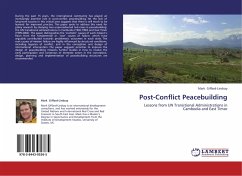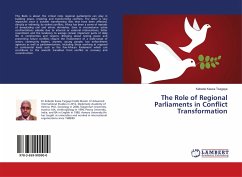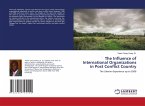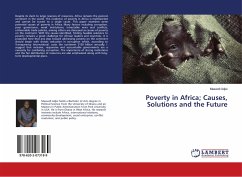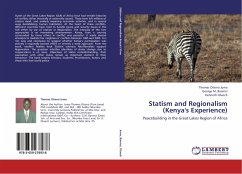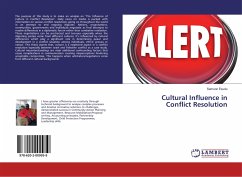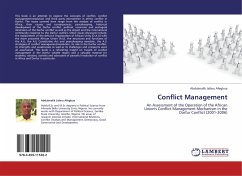During the past 15 years, the international community has played an increasingly assertive role in post-conflict peacebuilding. Yet the lack of long-term success in this critical area suggests that there is still much to be learned for improved practice. This paper seeks to address this need for policy research by studying two unprecedented test-cases in peacebuilding: the UN transitional administrations in Cambodia (1992-1993) and East Timor (1999-2002). The paper distinguishes the cosmetic causes of each mission s flaws from the fundamental or root causes of failure, which have arguably contributed towards problematic outcomes in each state. The root causes of mission failure are highly influenced by structural conditions, including legacies of conflict, and in the conception and design of international intervention. The paper suggests priorities to improve the design of peacebuilding missions. Further studies in how to involve the early participation and consensus of domestic actors in the conception, design, planning and implementation of peacebuilding structures are recommended.
Bitte wählen Sie Ihr Anliegen aus.
Rechnungen
Retourenschein anfordern
Bestellstatus
Storno

